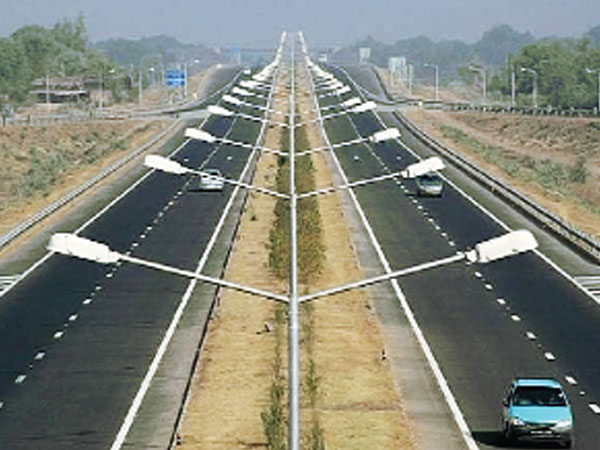
Contesting NHAI’s ban on them from bidding for NHAI projects, a handful of highway developers, including L&T and Hindustan Construction Company (HCC), have blamed the government agency for delay in highway construction.
An official source said the developers have given their submissions in support of their cases and the National Highway Authority of India (NHAI) would take a call on them shortly. The deadline for submissions ended on Monday.
The NHAI had earlier said that it would decide the cases on November 7, but given the legal aspects involved, the source quoted above said it might take a few more days.
Big-time highway builders are disenchanted with the NHAI action even as the government has announced the ambitious Bharatmala project, the second biggest highway development programme after the National Highways Development Programme. The government expects private participation through public private partnership of about Rs 1.06 lakh crore in the Bharatmala project. Timely redressal of dispute is crucial before undertaking such a large-scale project because of possible arbitration issues, experts have said.
"They would go case by case and consider debarring only those firms which are repeat defaulters,” said an executive of a private company.
Apart from L&T and HCC, the companies facing punitive government action include Essel Infra Projects, Supreme Infra, Transtroy India, MBL Infra, JKM Infra and Madhucon Toll Highways, among others.
While terminating their projects, the NHAI had said that these companies had failed to fulfill the bid criteria and unable to execute the projects awarded to them between 2015 and 2017.
In the event of debarment, these firms would not be able to bid for PPP projects awarded by NHAI and road ministry for the next 2-3 years.
NHAI, however, gave them opportunity to present their case following the due process and asked to submit relevant documents.
“Not everybody is going to face debarment for a very long time. Even if it is there, it would be notional to send strong message to them. Some companies that have been overloaded and remain defaulter perennially would certainly face action,” the official said.



